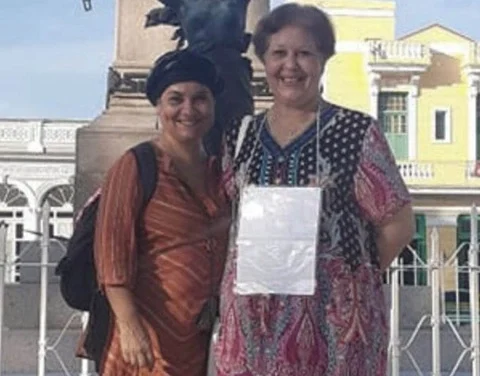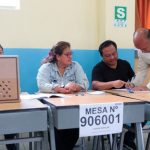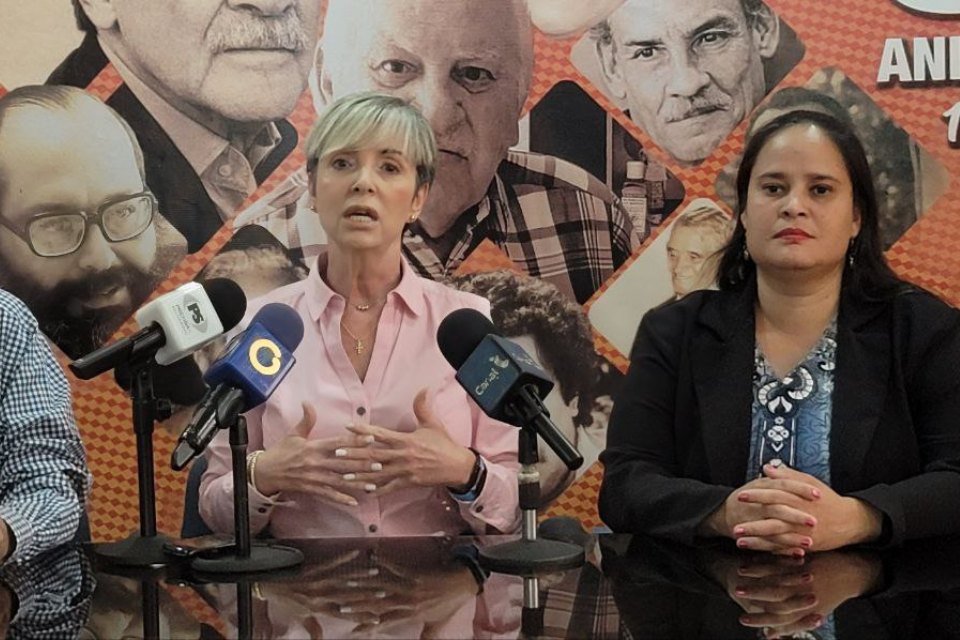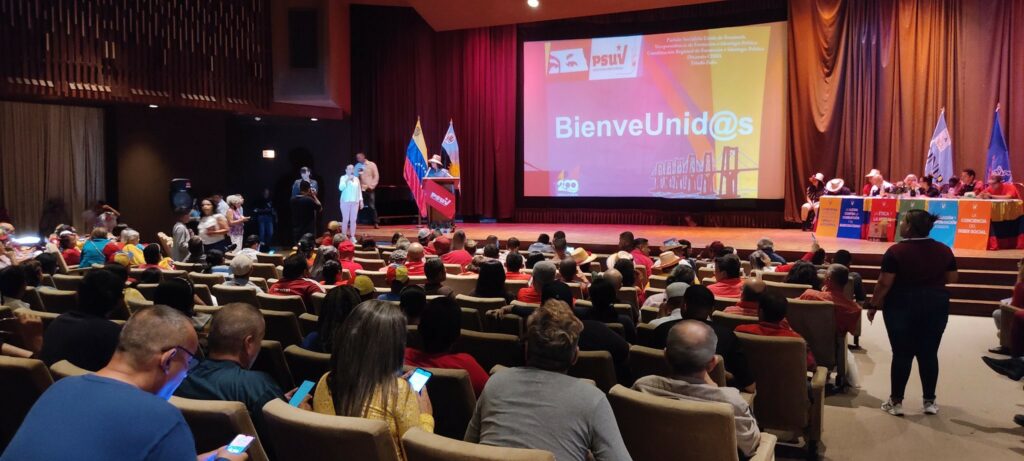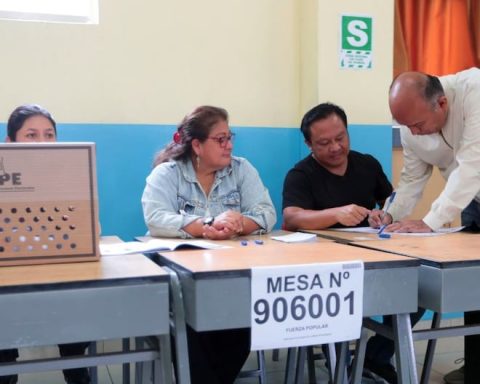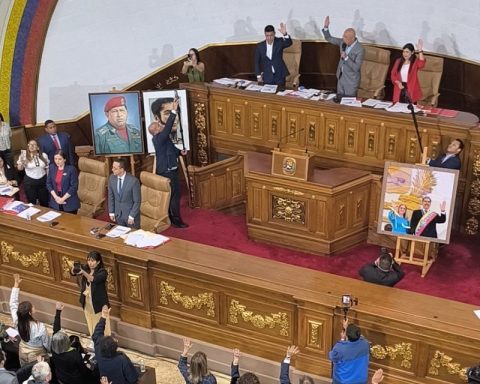MIAMI, United States. – Next Thursday, June 8, the documentary will be exhibited at the American Museum of the Cuban Diaspora, in Miami. Women who dream of a countryby director Fernando Fraguela, known for dreams to hovethe film that he co-directed with José Luis Aparicio about the ordeal suffered by the singer-songwriter Mike Porcel during the unfortunate days of the Mariel exodus.
Fraguela arrives preceded by the award that recently deserved his documentary The slaughterhouse at the important Malaga Film Festival.
For the Cuban Institute of Cinematographic Art and Industry (ICAIC), the Cuban Cinematheque and the Ministry of Culture, among other institutions that ensure that the island’s creators are kept in a rope, Fernando Fraguela, however, does not exist.
Surely, the valuable investigative work of the young filmmaker appears in the detailed files that the political police compile on artists considered troublesome.

Those who have not bowed to the regime and confront its minstrels in international arenas that should be reserved for free creators are “haters”
The documentary Women who dream of a country It is an illustrative memo of the true haters in the middle of a surreptitious and public task.
Three inquisitive, industrious, restless young women from diverse social backgrounds join opposition activism naturally, as the only way to have some influence and voice in the national confusion.
Daniela Rojo is a mother with a literary vocation; Katherine Bisquet writes poetry and Anamely Ramos taught at the Instituto Superior de Arte, as well as having an exiled son. All three have suffered the harsh blows of the Castro repression that does not show respect or courtesy.

In the midst of the indifference and complicit silence of other Cuban artists and writers with the international possibility of amplifying the claims of their fellow men sunk in despair, these women try to argue the urgent need for freedom, as well as the consensus of a country where everyone has a place and prosperity.
The new Cuban generations dodge euphemisms when calling the Castro dictatorship and its cunning communist affiliation, imposed by force, by name.
The contrast, however, between the serene, meditated word of the irrefutable testimonies and the disturbing images compiled by the documentary about the bestial response of the repressive forces to the gestures of civil disobedience, reminds one of the biblical paradox of “giving daisies to the pigs”.

The protagonists refer to poetic sit-ins in front of deaf criminals and brotherhoods of artists ―born yesterday― before impetuous commissioners who seem to reach for their revolvers when they hear the word culture.
The outlook is bleak: protest art exhibits demolished and hunger strikes intervened. The civilized inability of dialogue.
Fraguela’s documentary and the voices of its protagonists show that in Cuba there will be no carnation or velvet revolutions, much less a worker solidarity organization.
Violence is inherent to modus operandi of the Cuban dictatorship at any hint of an alternative. It is the cornerstone of his cruel and long survival.

Daniela and Katherine were blackmailed and expelled from their country while Anamely is prohibited from returning to Cuba with the complicity of a US airline that has lent itself to such an outrage.
The three continue trying to collaborate from a distance with those who are trying to survive, both in daily life and in prisons where young prisoners who had the courage to publicly demonstrate against the dictatorship are unjustly served. While not a few international human rights organizations have chosen not to perturb Castro’s anger.

In the dossier of his work, Fernando Fraguela has explained:
“In 2019, when I began to get closer and learn about the opposition movements in Cuba, one of the things that impressed me the most was the female role. From the political prisoners of the first years of the dictatorship to the Ladies in White, many women’s names have filled pages in our struggles for freedom. The most recent movements have not been left behind and this characteristic was what motivated me to tell this story from the feminine point of view. How Cuban women, mothers, face repression, jail and State Security, even knowing that the punishment for them can be worse than for men. Although I was not only impressed by his courage but also by his preparation and intelligence in an extremely macho and patriarchal society that also has the approval of a dictatorship that acts in the same way. Women who dream of a country It intends to be a tribute to these fighting women, who put their voice and their bodies on the front line, when many men have not been able to”.
Presentation of Women who dream of a country
American Museum of the Cuban Diaspora
Thursday June 8, 7:30 p.m.
1200 Coral Way, Miami.
OPINION ARTICLE
The opinions expressed in this article are the sole responsibility of the person who issues them and do not necessarily represent the opinion of CubaNet.



